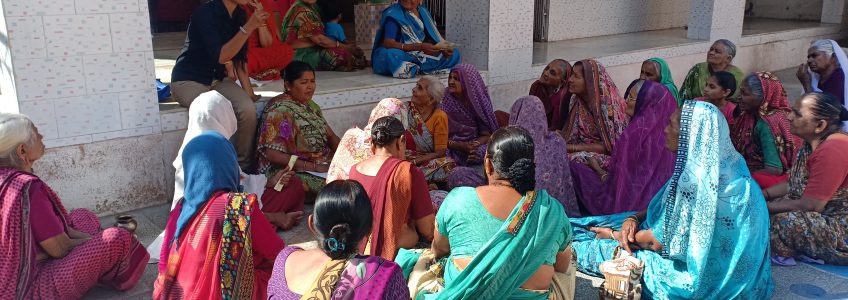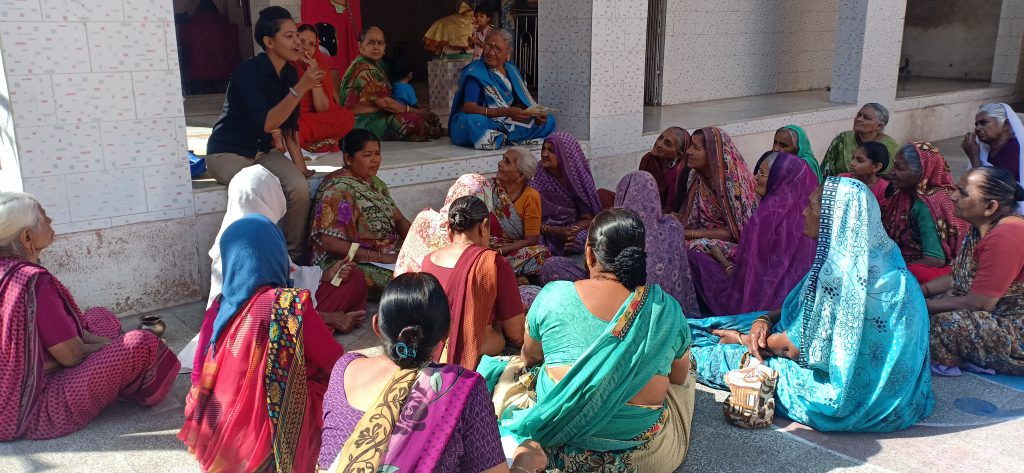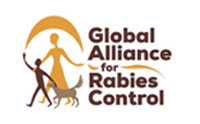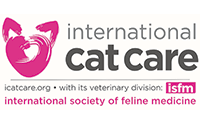
Introduction: The perceived resolution of rising human – dog conflicts in India has been a spay/neuter programme, where the dogs are caught from the city neighbourhoods in the early morning, sterilised and released back into the same neighbourhood. The focal point of spay/neuter programs across India is the number of surgeries performed each month. The programme lacks interaction between the communities and the programme at any level, making it insulated from the most important stakeholders. This makes it devoid of any interconnection between community and dogs resulting in non-resolution of human-dog conflict.
Human-dog conflicts include:
- Biting
- Chasing
- Children’s safety
- Dog faeces in public areas
- Damage to property
Spay/neuter programs in India commonly do not include human interaction during any of its stages. People are mostly unaware about existence of such a program. This lack of involvement of humans does not lead to resolution. Therefore, despite reduction in dog population, cases of conflict steadily increase. HSI have been working proactively towards addressing such conflicts in Vadodara and Dehradun for the last two years. Communities share their concerns and, due to lack of adequate knowledge, see relocation of dogs as the sole solution. Unless there is a mechanism to engage community in addressing such conflicts, animal welfare is compromised.
Abhay Sankalp: ‘Abhay Sankalp’ (literally, a pledge to be free from fear) is a community engagement campaign. It aims to create a peaceful co-existence between humans and dogs. The approach is to work with residential colonies to establish a safe and secure environment with the residents’ active participation. To begin with, these colonies sign up for the campaign and agree to work towards humane solution of dog related issues. The steps following sign up are as follows:
- Survey of a residential colony to learn about knowledge, attitude and practice relating to dogs
- The survey findings are shared in a community meeting
- A joint action plan is prepared based on the findings and the need of the community
- Activities such as workshops, informative sessions, creating a feeding and water spot, sterilization and anti-rabies vaccination, etc. are conducted
- Capacity of the service staff, volunteers, and other stakeholders is enhanced through conducting various training sessions
Since its implementation in October 2018, 180 residential colonies have signed up in three cities. Communities are willing to come together and discuss issues they may have either about dogs or neighbours. Such meetings provide a platform for residents to understand others’ viewpoint and empathize with them. Discussion is facilitated in a direction where they come up with a solution to their problems. These solutions are then implemented by the community.
Conclusion: After more intense engagement with the communities, a few interesting findings have emerged from the complaints data in Vadodara. Analysis is based on the comparison between Quarter 1 of 2018 and that of 2019.
- 16% reduction in overall complaints about dogs
- 80% decrease in request for relocation of dogs
- 75% increase in welfare concerns of dogs such as timely reporting of injuries/sickness/mange or aggression/abnormal behaviour












